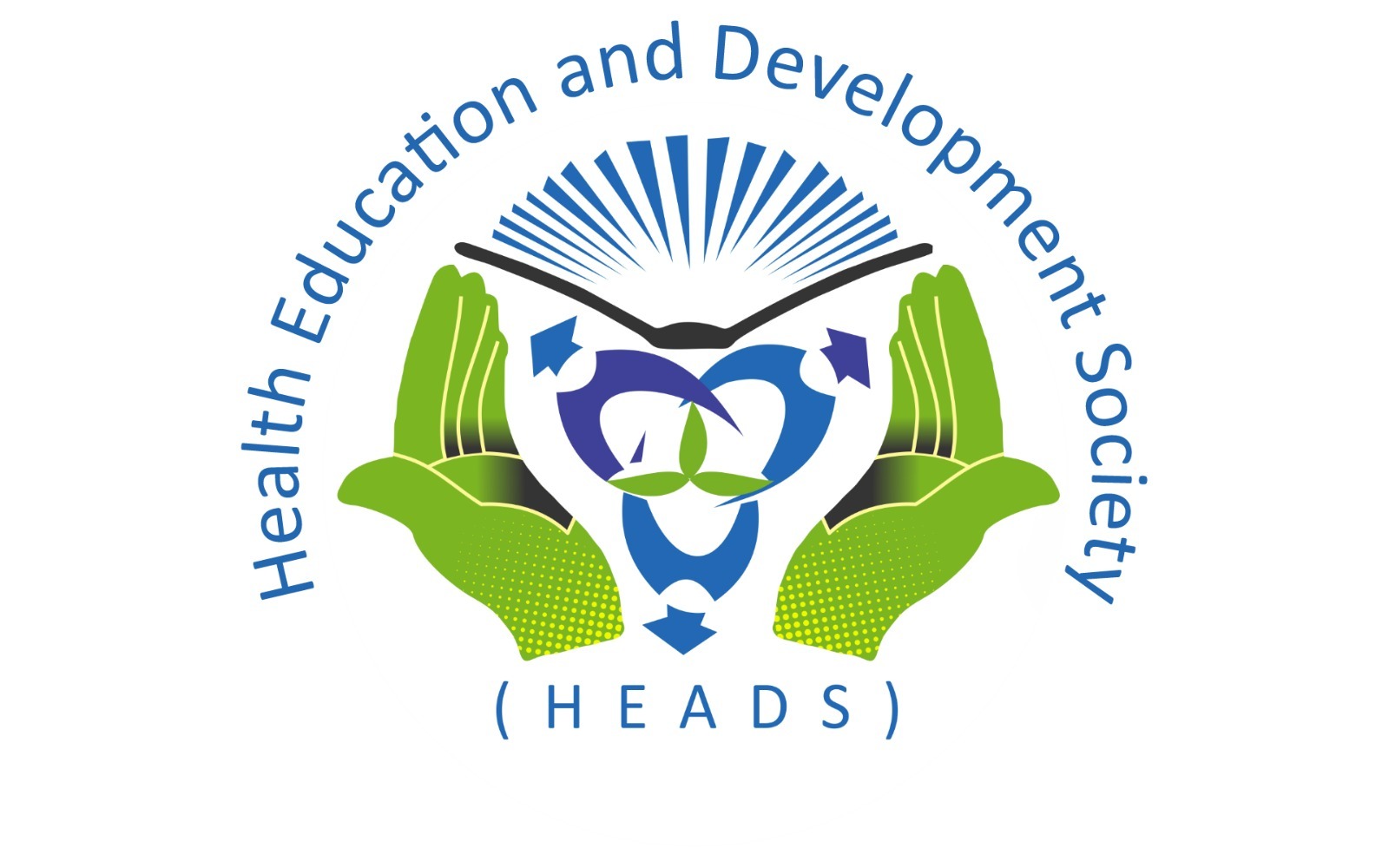Who We Are?
Health Education and Development Society (HEADS), is a non-profit, non-political and non-governmental organization registered in Pakistan under the Societies Act 1860. Since its establishment in 2013, HEADS has been actively engaged in the developmental and humanitarian sectors. The organization isled by a dedicated Board of Governors (BoG), consisting of professionals with diverse educational backgrounds and capabilities. HEADS operates under a comprehensive set of policies designed to ensure transparency, accountability and efficiency in its systems and operations. HEADS Currently is also registered in the Islamic Republic of Afghanistan, and established an office in the capital city, Kabul. Throughout its history, HEADS has worked closely with communities and various stakeholders, addressing a wide range of issues, including but not limited to Education, Health, Protection, Livelihoods, Community Infrastructure (CPIs), Shelter & Settlement, Community Development, Institutional Capacity Building, Research, Gender Equality, Legal Counselling, Referral Mechanisms, Social Accountability, Right to Information, and Governance. In addition to these programmatic areas, HEADS places a strong emphasis on cross-cutting themes, including social mobilization, gender mainstreaming, inclusion, and resilience in all its core programs. These themes reflect the organization's commitment to addressing the holistic needs of communities and promoting sustainable development
Currently, HEADS is engaged in partnerships with various organizations for specific projects, including:- Pakhtunkhwa Energy Development Organization (PEDO) - Social Mobilization and Community Empowerment through Community and Leadership Trainings for small energy powerhouses in Charsadda, Mardan, Bunir, and Haripur.
- Cherat Cement - Provision of basic healthcare services in District Naushehra and women empowerment through skill trainings.
- Pakistan Environmental Planning and Agricultural Consultants Limited (PEPAC) - Consultancy and institutional development in Orakzai, Kuram, and North Waziristan.
- Pakistan Poverty Alleviation Fund (PPAF) - Building Climate Resilience through Rehabilitation / Reconstruction of green infrastructure in flood affected areas of Panjab and Khyber-Pakhtunkhwa
- Pakistan Centre of Philanthropy (PCP).
- System for Award Management (SAM).
- DUNS (Data Universal Numbering System).
- Provincial Disaster Management Authority (PDMA) Khyber Pakhtunkhwa (KP), Sind and Baluchistan.
- Charity Commission KP, Baluchistan.
- National Humanitarian Network.
- Economic Affairs Division.
- UN Clusters/ Working Group.
- Tax Exemption 2 (36) C, 159.
- Allow to Work (ATW) SAFRON.
- Security Exchange Commission of Pakistan (SECP) in progress.
- Khyber Pakhtunkhwa Revenue Authority (KPRA).
HEADS VISION
HEADS MISSION
HEADS OBJECTIVE
HEADS empowers vulnerable communities by enhancing their access to quality health, education, Livelihood, WASH and protection services while promoting sustainable development, resilience in the face of climate change and emergencies, and providing timely humanitarian assistance.
- Support and progress replicable models and strategies for sustainable human resource growth through skills development initiatives.
- Network and collaborate with the Government Departments, NGO's, CBO's, WOs and international agencies/donors for sustainable development.
- Support initiatives for sustainable community-based gender sensitive development with particular focus on; Human and institutional Expansion, Natural Resource Management, Drinking Water Supply, Environmental Sanitation, Education, Agriculture, Health & Nutrition, Disaster Management and Micro Credit & Enterprise.
- Create economic and recreational opportunities for youth through skill enhancement programs for peace promotion.
- Enable equitable access to quality education and healthcare, raising holistic community development and well-being.
- Promoting Social Inclusion and Empowerment.
- Strengthen Resilience to Climate Change and Environmental Degradation.
- Advocacy for Peace, Human Rights, and Social Justice.
- Building Disaster Resilience and Preparedness.
